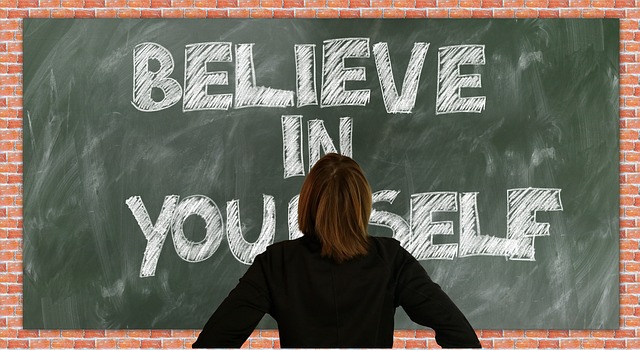In the contemporary landscape of online education, the concept of self-assessment has gained significant traction, proving to be a powerful tool for students aiming to deepen their knowledge and enhance their academic journey. Self-assessment is not merely a form of evaluation; it is an engaging process that fosters self-awareness, reflection, and personal growth within a learning framework. As learners navigate the dynamic and often overwhelming world of virtual classrooms, understanding the importance of self-assessment becomes crucial.
The flexibility of online education provides students with unique opportunities to tailor their learning experiences. However, this autonomy also comes with challenges. Without the structured environment of traditional classrooms, learners can easily stray from their goals. This is where self-assessment plays a pivotal role. By engaging in regular self-evaluation, students can identify their strengths and weaknesses, allowing them to take charge of their learning journey.
Knowledge building in an online setting necessitates a proactive approach, and self-assessment empowers students to do just that. Through reflection on their learning processes and outcomes, students develop critical thinking and metacognitive skills. They begin to ask themselves essential questions: What concepts do I grasp well? Which areas require more effort? This kind of introspection leads to more focused and meaningful engagement with course materials.
Moreover, self-assessment encourages a sense of accountability. In online education, where students often feel isolated, taking responsibility for one’s learning can ignite motivation. When learners assess their progress, they see their development firsthand, which can reinforce their commitment to their educational goals. This iterative process not only builds knowledge but also cultivates a habit of lifelong learning—an essential skill in today’s fast-paced world.
Through the practice of self-assessment, students can also become more adept at setting realistic goals. By understanding their current competencies, learners can set achievable milestones that pave the way for deeper insights and knowledge acquisition. This goal-oriented approach transforms the educational experience into a more personalized journey, fostering a connection between the learner’s aspirations and their achievable outcomes.
The role of self-assessment extends beyond mere grades; it transforms learning into a reflective practice. Students gain the ability to analyze their work critically, peer evaluations become less intimidating, and feedback from educators transforms into a constructive dialogue rather than a judgment. In essence, self-assessment builds a bridge between knowledge acquisition and personal development, creating an environment where learners feel empowered to excel.
Incorporating self-assessment tools and strategies in online courses can enhance interaction among students and educators, further enriching the educational experience. Discussions around self-assessment reflections can promote collaboration, as students share their insights and seek advice from peers. This collaborative aspect fosters a vibrant learning community where knowledge building is a collective effort.
In summary, self-assessment is a cornerstone of effective online education. It encourages self-reflection, accountability, and goal-setting, facilitating a meaningful learning experience. As online education continues to evolve, embracing self-assessment practices will be crucial for building a knowledgeable and engaged learner community.




